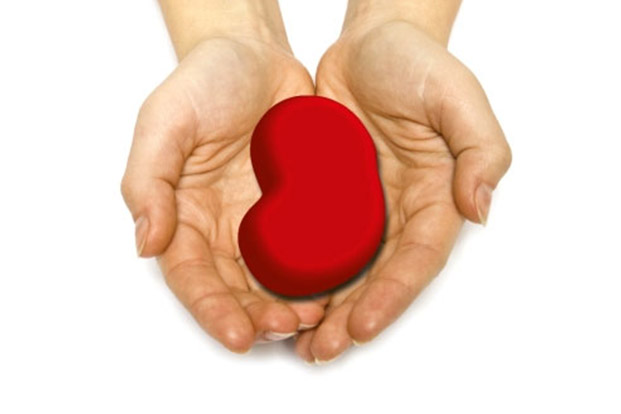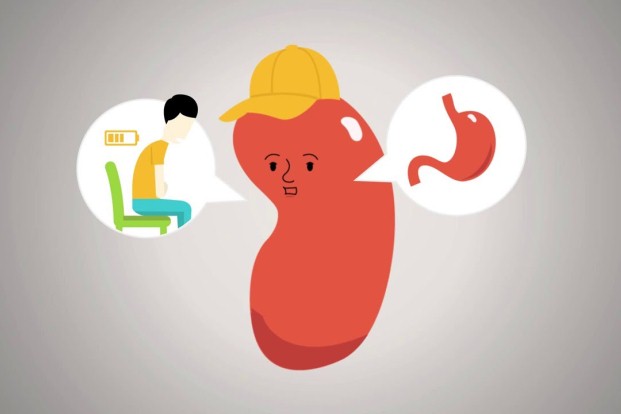Important Aspects for Kidney Transplant
Apr 19, 2022
Kidney transplant remains the treatment of choice for patients who have suffered permanent damage to the kidneys and when their function is < 15% of normal or for those who require life long dialysis. Medically we call this condition as Chronic Kidney Disease Stage 5.
However, kidney transplant is not all a simple process. It involves comprehensive evaluation of Kidney donor and patient. Only after a complete medical fitness a donor is certified fit and then process of kidney transplant proceeds. By law, in our country only related or near related donors are allowed. Hence transplant out of law should be strongly discouraged.

The donor kidney is usually placed in right lower abdomen just above the pelvic bone. It should be noted here that both the kidneys of patients are left untouched (unless removed for specific reasons) and hence a patient who gets a transplant has 3 kidneys. Because this donor kidney does not belong to patient, the immune system of the patient tries to attack the new kidney and therefore the patient is at risk of developing rejection. Rejection can happen any time from the kidney is attached to the time it lasts. That’s why the kidney transplant patients have to be on lifelong immunosuppressants and require follow up.
Donor Safety is Paramount:
Safety of donor is of paramount importance in the process of transplantation. Long term studies in donors have revealed that they are at slightly higher risk of developing Hypertension as compared to general population. Hence careful selection of donor needs to be emphasized. The kidney donor usually receives medications for 5 – 10 days which is an antibiotic and painkiller. They resume their normal work within a fortnight except for lifting weight and that too can be done after 2 months. Thus the donor remains normal after donation.
Kidney Transplant recipients have to be on lifelong immunosuppressive medications. These medications have their own side effects like Diabetes, Hypertension, Osteoporosis, Cataracts, Easy bruising, weight gain, increased hair growth/fall, etc.
Types of Kidney Transplants:
Kidney Transplant can be deceased donor transplant (a brain dead donor donates his/her organs), Living donor Transplant (a member of the family donates his Kidney/liver) to his patient. Another transplant called as Preemptive transplant is also done. Here the transplant happens before the patient requires dialysis. This is also called early transplant.




